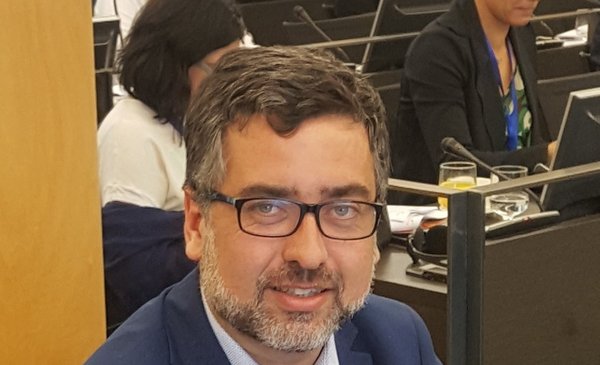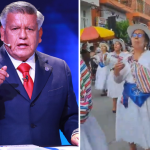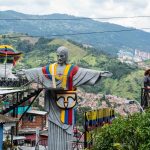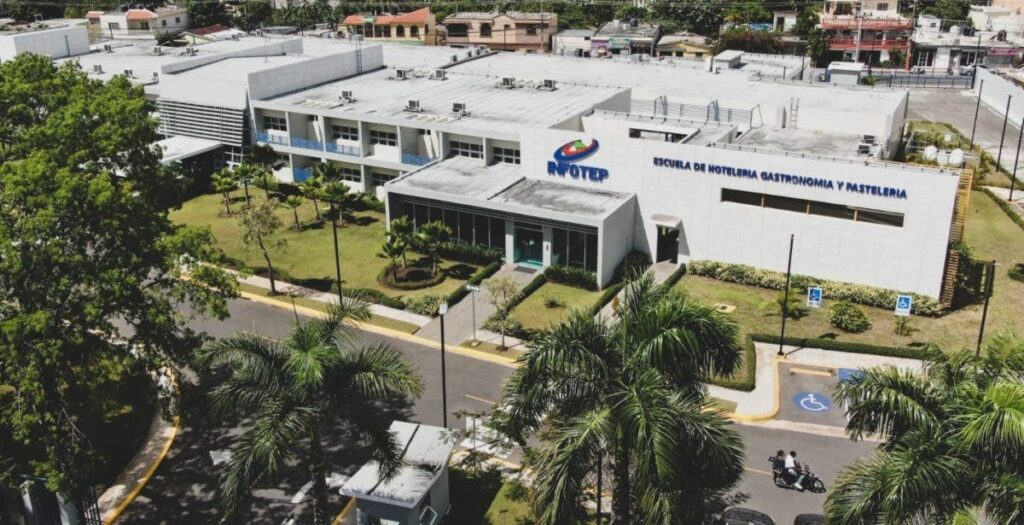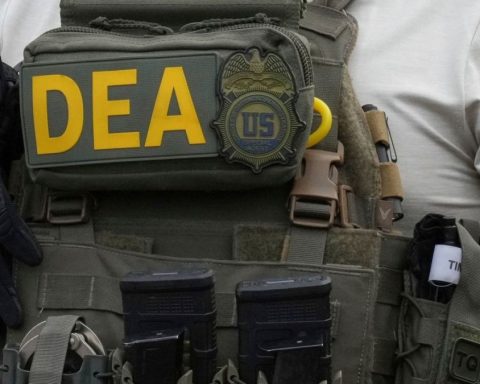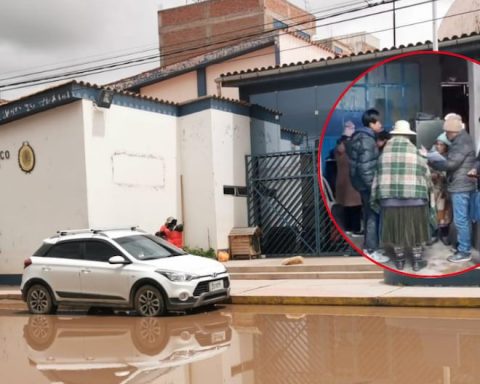The former national director of Tourism, Martín Pérez Banchero, declared this Monday for the second time before the specialized prosecutor’s office in Economic Crimes. It was for the reason that he analyzes a host of irregularities in the management of Germán Cardoso at the head of the Ministry of Tourism. A cause that he had as the main trigger and in which, he says, there are “objective facts” that can fit criminal classifications. For the first time, Pérez Banchero makes political assessments and questions the attitude of his Colorado Party where several leaders, he affirms, had prior knowledge of the situation. This is a summary of the interview that the former chief held with The Observer.
You went this Monday to testify for the second time in the case that investigates irregularities in the Ministry of Tourism. What could you contribute?
I understand that I went to clarify some specific issues. One of them was about the differences in the purchasing procedures used by the successive administrations in the ministry. In the first place, when I took office, I wanted to carry out audits and Cardoso refused. He didn’t want anything audited. I began to receive purchase files made by the Broad Front that were already in process. The difference was that, in the management of the Broad Front, the purchases were always based. They had the endorsement of the media agency, they were decided institutionally with the participation of ministry officials. During Cardoso’s administration, everything was totally secret. The one who defined was Daniel Reta (affiliated with Cardoso). Neither I nor any official knew how those purchases were defined.
What other differences were there?
In the invoices. During the efforts of the Broad Front, it was always paid in two or three times, and always with the service in process or completed. In cases where it was paid in one lump sum, the bills were just over $2,000. Cardoso, meanwhile, tried to pay, by all means and in a single payment, US$ 280,000 to Kirma for digital advertising services. A case that was also the most complex of all.
Why?
Because it was done conforming without having the service completed or in process, violating what the TOCAF article indicates. The State does not pay before. Cardoso conformed the invoice and attested that the service was being fulfilled. When I left the ministry, I left believing that the service of Kirma was being fulfilled. I was never aware that they wanted to pay him US$280,000 and that the service had not been provided.
What happened to advertising on public roads?
During the governments of the Broad Front, purchases there averaged US$220,000 per year and were distributed among six companies. But in November 2020 a proposal appeared to me to give Netcom (Satenil SA) a one-time purchase for US$ 1 million in one year. I refused to Cardoso and that stopped. A month later, another purchase proposal appears from the same company. It was for more than US$ 300 thousand, for three months. It tripled the market price. Reta approved it and the minister too.
What generated my departure from the ministry was the arrival, in July 2021, of another file to renew signage, but which corresponded to the previous March-May period. It was for $500,000. I refused to endorse it again. It was a time of great tension in the ministry, of great anguish for me. I spoke with José (Amorín), the leader of my sector (List 15) and told him that he wanted to resign, that I did not want to continue like this. Amorín asks me to continue for a few more days. At that moment he calls me Cardoso. He tells me that either he signed the file or he kicked me out. “Put me out” I tell him. And there I ended up being fired.
But you had not warned others of what was happening?
When the first proposal arrived, in November 2020, I informed my sector, which supported me and told me not to sign.
And in the rest of the Colorado Party?
I also mentioned it to (the vice president of UTE) Julio Luis Sanguinetti. I had several encounters with him. And I also informed Tabaré Viera’s secretary (Silvio Estéves). They tell me that they were already aware of the situation. Also that Cardoso was going to leave the ministry for this. “Viera is going to be the Minister of Tourism,” they told me. This was long before Cardoso left.
But when did they tell you this? Was it before or after the issue first surfaced through Search in August of last year?
I can tell you it was in July. There they told me that Cardoso was going to leave because of all these events. These enormous sloppinesses were known beforehand.
In other words, all this was known in the party…
They were aware. Julio Luis Sanguinetti knew it and Tabaré Viera knew it.
Did former President Julio María Sanguinetti know?
Whether his son brought it to his attention, I don’t know. I can infer yes. But I do not know. Julio Luis told me that Cardoso couldn’t fire me, because the position was from List 15. But later they ended up firing me with the endorsement of Sanguinetti. That is objective data: from the Executive Tower they called Amorín to tell him that they were going to dismiss me.
How do you rate the reaction of the Colorado Party?
Very sad. Hugely sad. I’m very disappointed. They fired a minister from the Colorado Party, but this was not dealt with by the National Executive Committee, by the Convention, or by the Ethics Commission. The Colorado Party did not talk about the issue nor did it do anything. I’m still Colorado, I feel Colorado, but with this match and with its management I have enormous differences and a great disappointment.
What do you mean?
Specifically to the general secretary, Julio María Sanguinetti. I would have liked Sanguinetti to listen to my version more than a year ago. It is not a minor issue. After having endorsed my termination in the Executive Tower, he should have listened to me. The right to defense is sacred and the party never gave me that right.
As a lawyer, what assessment do you make of this case? Are there criminal responsibilities?
I am not a criminal lawyer, but there are objective facts that fit into some classifications of the Penal Code.
